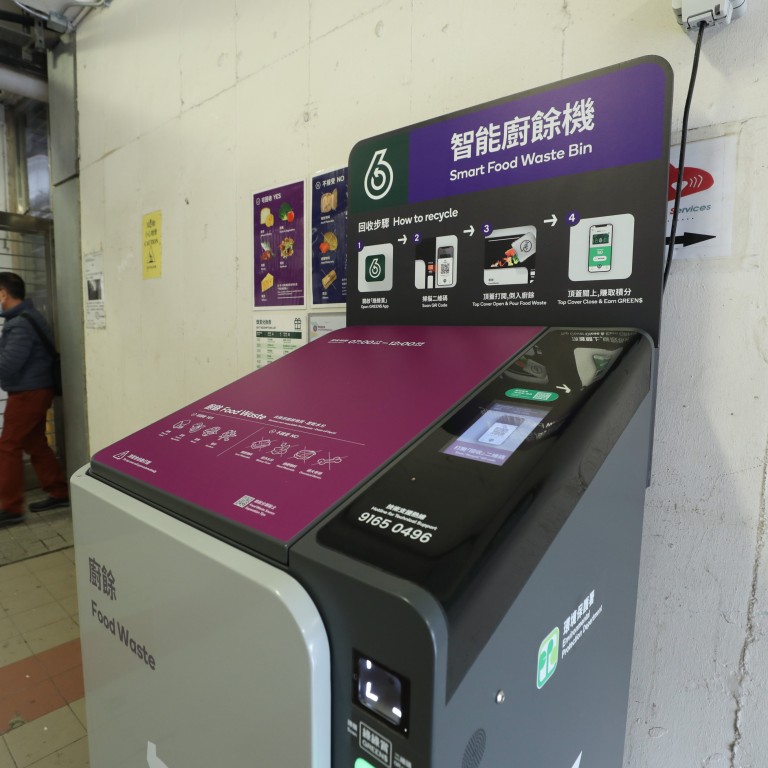
Much work needed to tackle the stubborn problem of food waste
- Authorities must make the best use of the time left before new waste-charging rules go into effect to improve awareness and systems for leftover recycling
There continues to be a poor appetite for recycling leftover food in Hong Kong despite years of trying to take a bite out of the city’s largest category of municipal solid waste.
Authorities must make the best use of the time left before new waste-charging rules go into effect to improve awareness and systems for processing table scraps.
Tackling food waste has been a stubborn problem. Food made up about 30 per cent of 11,358 tonnes of solid rubbish sent to landfills each day in 2021, according to the most recent estimates from the Environmental Protection Department.
About 800 tonnes were thrown out by restaurants, hotels, wet markets and food producers.
The pace of leftover recycling has not picked up even though it would reduce the volume of trash individuals and companies must pay for under waste charging.
Hong Kong food waste recycling drive trips over lack of bins, rules confusion
The rules are scheduled to be implemented in August after being delayed from an April start.
Many residents and restaurant owners said they remained confused about what is fit to recycle, unconvinced that separating food waste is worth the trouble, or clueless about where they should responsibly dispose of it.
Lawmakers and industry representatives have blamed the problem on an absence of incentives and impractical guidelines from environmental officials.
Signs of the looming trouble emerged on March 3 with a Society for Community Organisation survey of low-income households. About a quarter of respondents admitted they would flush food waste down toilets to try and avoid paying more.
More than 70 per cent said they were worried about the extra financial burden of paying for government-approved plastic bags required under the waste charging scheme.
With over a third living in buildings with no bins in common areas, many worried about illegal dumping in areas such as backstair landings and rooftops – a problem already posing fire safety and hygiene risks in many places.
The department said it was on track to install food waste bins at public rental housing estates by August. But in private housing estates invited to start recycling their food last December, only 73 out of 1,000 households had responded as of February 16.
Ad hoc steps have been taken by some players in the hospitality and catering industry. But as of last month, only 11 per cent of some 3,000 restaurants asked to start using food waste collection points had done so.
It was good to see the volume of food waste handled by the EPD up by 30 per cent last year from the previous year, with more than 90 per cent being from commercial and industrial sources. There is much more work to be done, however, as the countdown to citywide waste charging continues.

